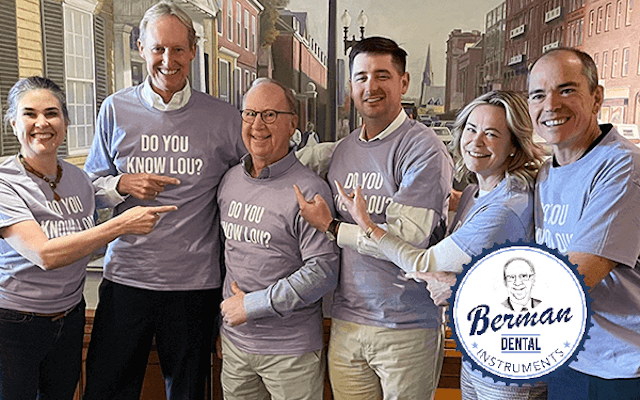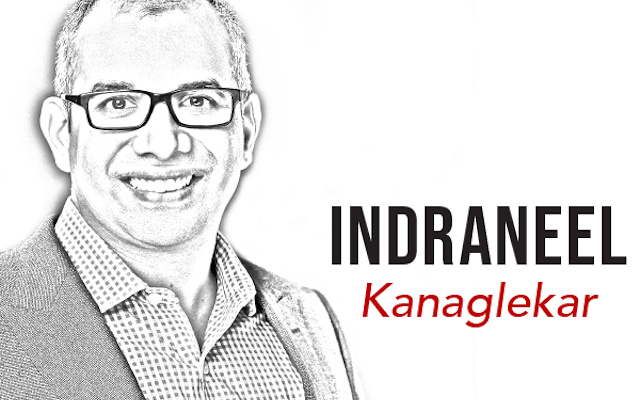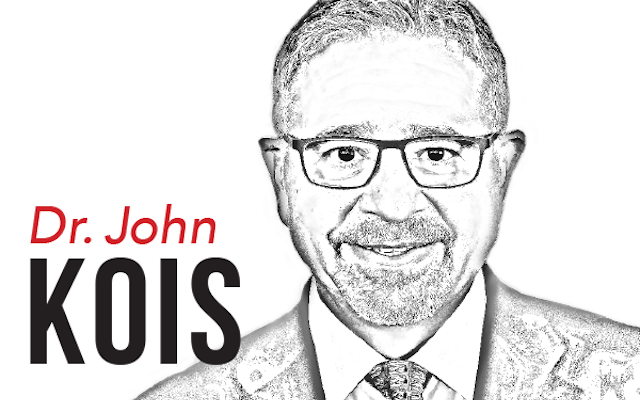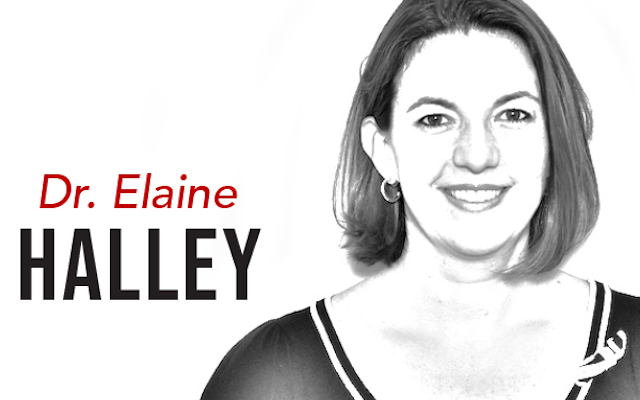When Steve Anderson and his then business partner, Walter Hailey, first started their consulting company, dentistry wasn’t part of it. They focused on a variety of other professionals, including attorneys, CPAs and bankers—basically anyone who had direct contact with customers. It didn’t take long for dentists to find them, though, and to see how their approach could help them grow their practices. That’s how Dental Boot Kamp and eventually the Crown Council was born.
The first dentist who attended one of their business courses did so based on a patient’s recommendation. He was so impressed he started telling colleagues they should attend as well. Dentists began to learn about the course via word of mouth, and Anderson was invited to present at various dental conferences, giving them even more exposure in the industry.
“We started getting more dentists so we created a separate program called Dental Boot Kamp. We ran that program for 15 years together all over the country,” Anderson said, noting Hailey passed away in 2003. “What really attracted dentists to us was our focus on engaging patients in meaningful conversations about comprehensive care, not just one tooth dentistry or what their insurance will cover. We had a formula that we used in other industries that fit very well in dentistry.”
The program was eventually rebranded to become Total Patient Service Institute. While dentists love the institute, many of them told Anderson they wanted more, and for him to create a place they could network and exchange ideas with like-minded dentists. That’s what lead to the Crown Council, which formed in 1995.
The Crown Council’s mission is simple: to help dentists create a culture of success. The group offers a variety of resources to make that happen, including conferences, video training for team members and webinars.
“We refer to Total Patient Service Institute as the restorative part of what we do. We work with practices to implement a system that will help them have a more patient friendly environment and better case acceptance,” Anderson said. “Then Crown Council is like the hygiene department and is where practices go to maintain a healthy culture of success. That’s what patients buy. The dentist and the culture that’s in the practice and the personal relationships they have with the dentist and the team.”
The Crown Council offers a positive environment and an outlet for dentists to share the best of what they do. When members get together, whether online or face-to-face, they focus on what’s working in their practice and what’s successful. There’s no complaining or negativity. They build on each other’s successes and share their best ideas to help everyone flourish.
Doing good
The Crown Council also focuses on doing good, with some of the best ideas for charitable work coming from the dentists themselves. For example, one long-time member who donated all of his February whitening fees to St. Jude’s came to Anderson to see what it would take to get other Crown Council practices to do the same. Anderson loved the idea. Within a few months, Crown Council dentists were donating their whitening fees through what is now known as the Smiles for Life Foundation. In that first year (1999), council dentists raised $1 million. To date, they’ve raised close to $50 million.
The Smiles for Life Foundation has spawned some amazing stories, Anderson said. For example, the council has led dental humanitarian efforts in the Dominican Republic and Guatemala for the last 10 years that are partly funded by the foundation.
Crown Council dentists and their team members travel to these countries to work alongside local dentists. During these missions, not only do they perform dentistry in areas where people don’t have access to care, they also work with local dentists to help them become less dependent on outside resources. The dentists learn from each other, sharing knowledge so everyone grows professionally.
“We’re helping them accomplish their objectives for their country to provide more dentistry and expand their dental knowledge,” Anderson said. “That’s been one of my favorite things about Smiles for Life. There’s a lot of dental humanitarian tourism. This is about helping local dentists build a dental culture of success in their country so they are self-sufficient.”
The impact of social media
Social media has become a vehicle for Crown Council dentists to grow their practices, Anderson said, and is an excellent way dentists can communicate their culture with patients.
“It starts with creating a culture of success first. Social media is an avenue you can use to broadcast your culture beyond the four walls of your practice,” Anderson said. “If you don’t have a good culture you won’t have much to talk about on social media.”
Social media also has been a huge help in promoting Crown Council programs, such as Smiles for Life. The council partnered with My Social Practice to develop a social media strategy, which has helped fuel the foundation’s growth.
A tight knit group
The culture of sharing the Crown Council promotes has led members to become a close-knit community of professionals who want to see each other succeed. These dentists are happy to share the best of what they’re doing to benefit other clinicians in the group as all as the industry as a whole.
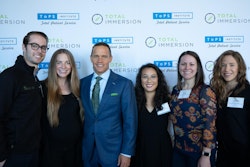
“What we need to do is band together and help each other so we can all expand our reach,” Anderson said. “That’s the glue in the Crown Council. There’s so much to do and share, and if we all help each other do a better job it will benefit patients not only all over the country but all over the world. That’s what keeps everybody together.”
What’s made Anderson so successful
The fact Anderson doesn’t have a dental background actually has played a large role in his success in the industry. When he first started, part of his program’s appeal was the fact it didn’t just touch on what was happening in dentistry; it covered what was working in a variety of different industries. That’s still the case today, with the annual Crown Council event always featuring professionals from outside dentistry sharing their successes. The goal is to get dentists to think in innovative ways, and to look beyond what’s happening in the dental industry for ideas to improve their practices.

Anderson also brings an outside perspective and tells audiences all over the country that he is a patient. He’s the guy who sits in the chair every day.
“I try to communicate what has to happen to make it work for the patient, because if it works for the patient it will work for the practice, and if it works for the practice it will work for the people in it,” Anderson said. “I try to help them create the right kind of environment with people who can communicate in a way that makes sense to the patient.”
It’s all about relationships
Dentistry is a relationship-based business, and developing those relationships is how you build a strong practice with a patient base that accepts treatment and refers. While there’s a market for products like Smile Direct Club, most patients want to have a relationship with a dentist who will take care of their ongoing health. For dentists to provide treatment for periodontal disease and airway issues, for example, patients have to actually come to an office.
“Yes, you can buy products online that are dental related but you can’t buy what dentists offer, and that’s to be health care leaders in the community,” Anderson said. “When you look at the true nature of what can be done in dentistry, the items you can buy online or on TV are sideline things, but not anything that can threaten a dental practice that truly understands what’s going on.”
The Crown Council’s overall message is dentists are not alone, Anderson said. Find mentors and a supportive community, whether it’s the Crown Council or another organization. That’s how you grow your practice and achieve great success.
And whether you work as a solo practitioner or as part of a dental service organization (DSO), it’s all about building patient relationships and developing that culture of success. No matter the practice model, it all comes down to those 24 inches between you and the patient.
“I’ve been doing this for a while and there’s more opportunity today than I have ever seen in dentistry. The market is huge,” Anderson said. “You picked a great profession. Now you have to figure out how to capitalize on it and build a hugely successful practice.”
What it takes to become a Crown Council dentist
Membership in the Crown Council is open to any dentists in the country who shares the organization’s philosophy and wants to create a culture of success in their practice, Anderson said. They do, however, vet dentists and expect members to meet a certain standard of professionalism and maintain a certain level of clinical excellence. To learn more about becoming a member, visit crowncouncil.com.
 By:
By: 